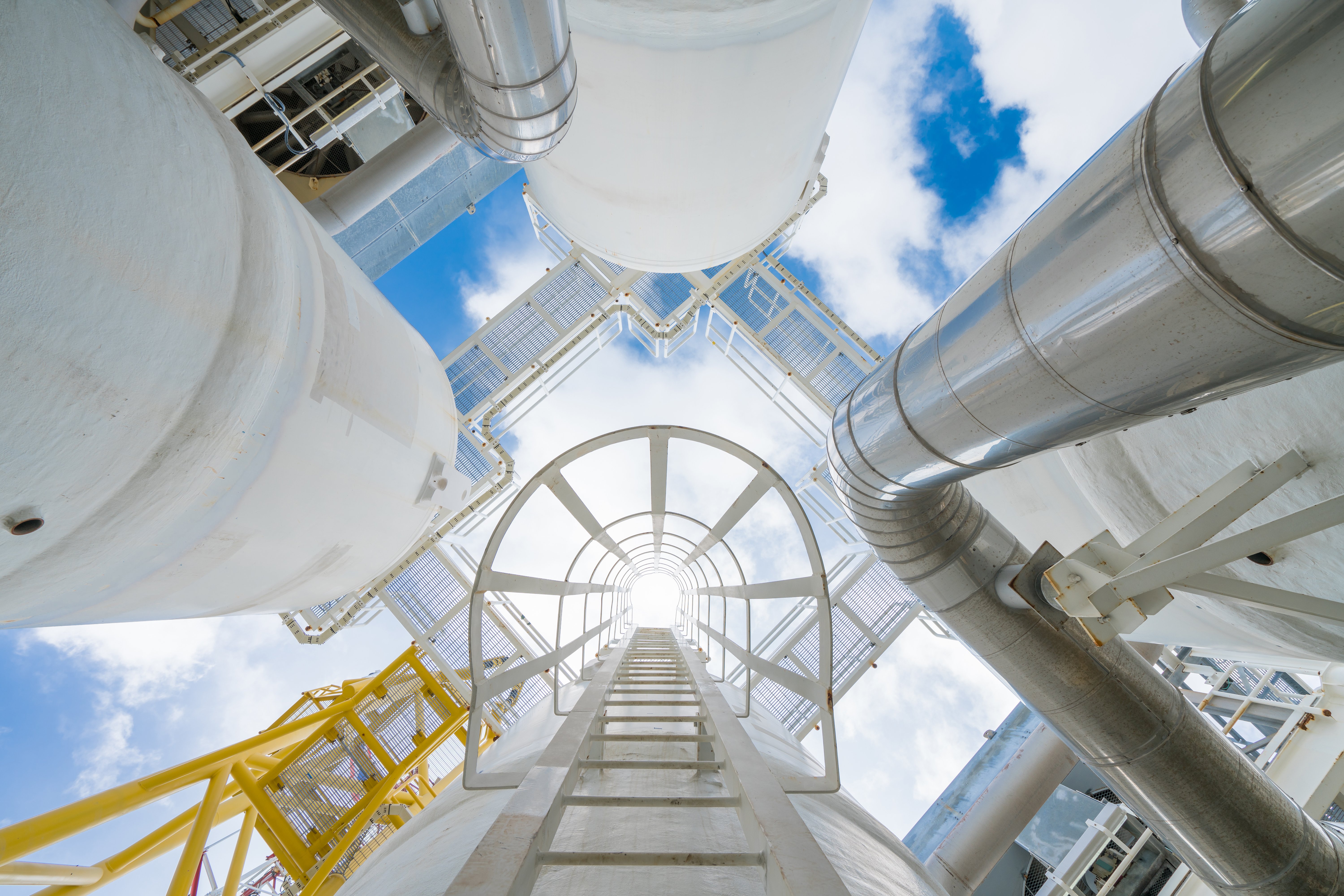What does an Offshore Installation Manager do?
And how to become one

And how to become one
The Master / Offshore Installation Manager (OIM) / Rig Superintendent is in overall command and responsible for the safe management of the offshore facility and personnel in accordance with statutory requirements and the company's safety and performance standards.
The Master / OIM is ultimately responsible for the safe operation of the rig and for prevention of pollution or damage to the environment. The Master / OIM is empowered in all situations with overriding authority to act decisively and according to his / her best judgment to prevent injury to crew members, other persons and to protect the rig and other vessels property and marine environment from damage.
The Master / OIM manage all activities on or about the installation and assure Client's program is accomplished within parameters set by Client. The Master / OIM promote and ensure that all Company Policies and Procedures are communicated and understood by all personnel on board the installation.
A range of certificates and licenses may be required depending on the vessel type and location.
Some of these include:
■ BOSIET/FOET
■ MIST
■ OIM License as per Flag State
■ Master License
■ Valid Ship Security Officer Certificate
■ All STCW required training for Master / OIM on class of vessel and Flag requirements.
■ Management of Major Emergencies
■ IWCF Well Control
■ MODU Stability
■ Emergency Management Training
■ Lifeboat Coxswain
■ Banksman/Slinger
■ Manual Handling
■ Health and Safety Supervisor Training
■ Risk Assessment
■ Permit to Work Signatory
■ Accident Investigation
■ LOLER Awareness
An Offshore Installation Manager presides over day-to-day operations at a marine based facility such as an oil rig. Someone wishing to become an offshore installation manager must have prior experience working in a variety of different capacities on one of these structures.
People may have to start work on an oil or gas platform as a driller or helicopter mechanic. People employed in these roles normally receive on-the-job training, although some managers enroll in engineering courses at universities or community colleges as an alternative to acquiring such knowledge through practical training. Many firms prefer to promote experienced riggers into management roles since these individuals have practical knowledge of the devices and procedures that are in place on a specific installation.
Other job types in Oil and Gas